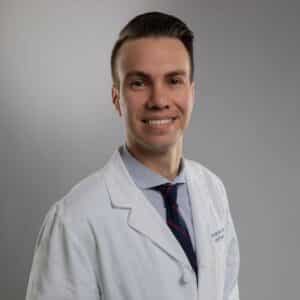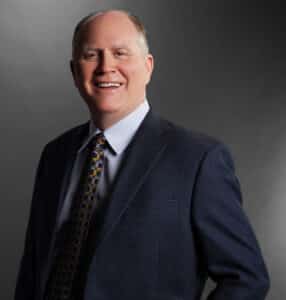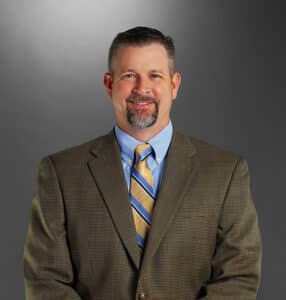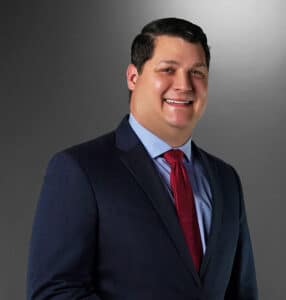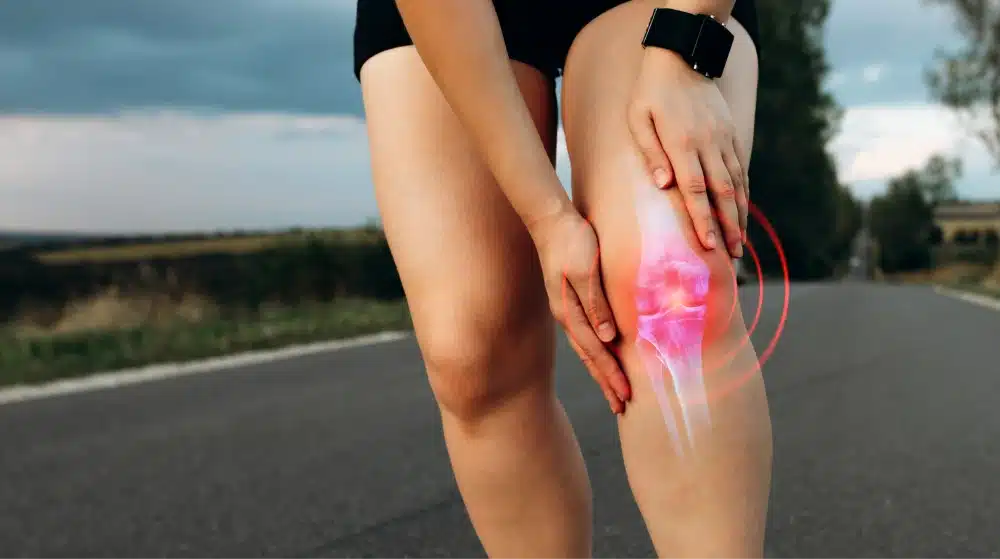
The journey to recovery after an Anterior Cruciate Ligament (ACL) surgery is a complex one, and knowing what not to do is just as important as knowing what to do. This article provides a comprehensive guide for the recovery process, focusing on the common mistakes to avoid.
Understanding ACL & MCL Tears
Before delving into the recovery process, it’s crucial to understand the nature of ACL and Medial Collateral Ligament (MCL) tears, which are among the most common knee injuries, especially among active individuals or those playing sports.
The ACL diagonally bisects the knee, offering rotational stability and controlling backward and forward motions. Conversely, the MCL connects the femur (thighbone) to the tibia (shin bone), controlling the sideways movement of the knee. Together with the Posterior Cruciate Ligament (PCL) and the Lateral Collateral Ligament (LCL), the ACL and MCL provide vital stability to the knee joint.
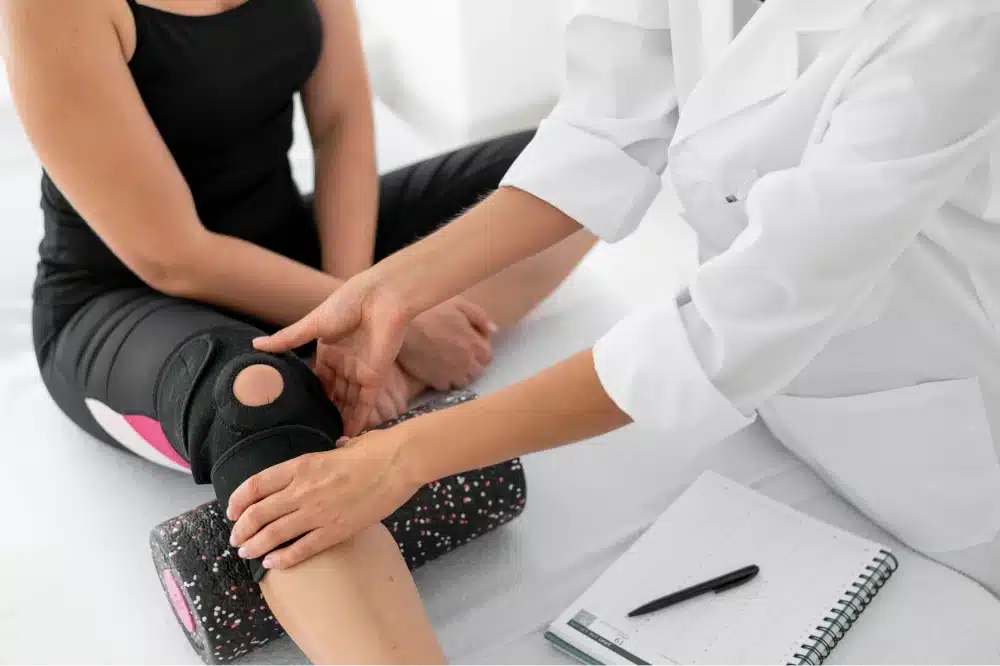
Recovery Timeline for ACL and MCL Tears
ACL Surgery and Recovery Time
The Importance of Post-Surgery Rehabilitation
What Not to Do After ACL Surgery: Key Points
Do Not Bend Your Knee Immediately After Surgery
Avoid Weight Bearing on the Operated Knee
Do Not Neglect Your Knee Brace
Do Not Engage in Physical Activities Until Cleared
Do Not Skip Physical Therapy
Do Not Miss Scheduled Follow-ups
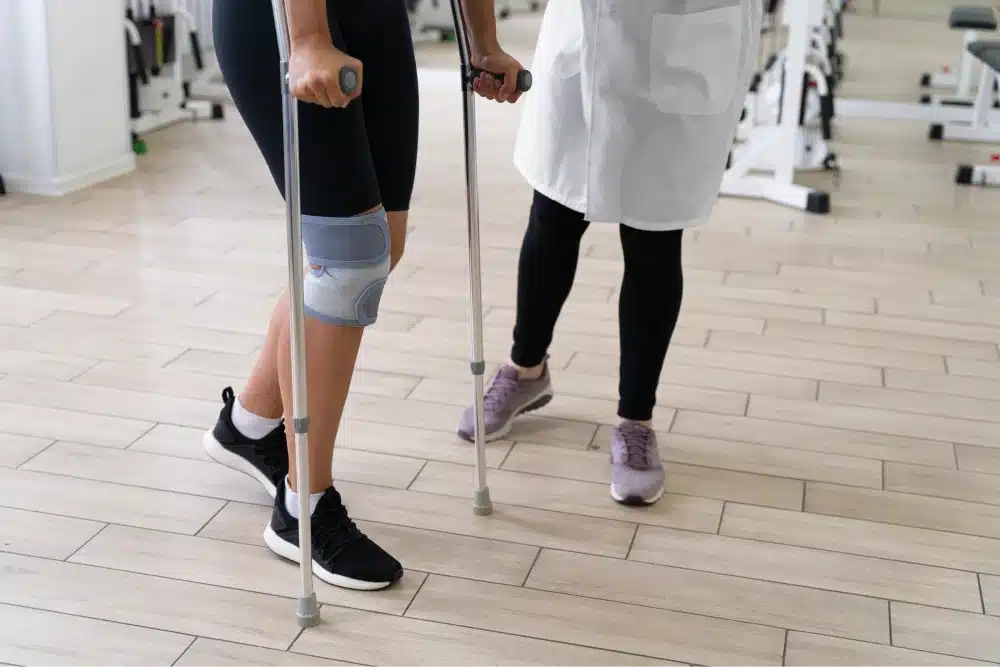
Walking After ACL Surgery
Weight Bearing After Surgery
The Role of Prehabilitation Exercises
Importance of Post-Surgery Restrictions
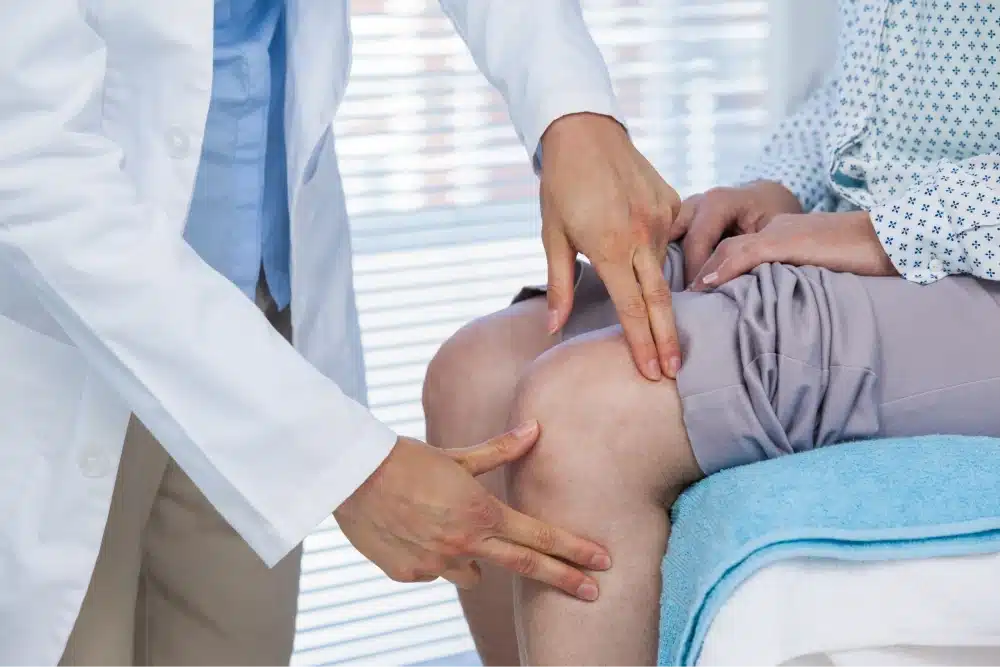
When to Consult the Doctor
Patients should consult their doctors if they experience new or increased swelling in the knee, warmth, redness, pain at the surgical site, or recurrent instability in the knee joint.
In conclusion, recovering from ACL surgery requires patience, perseverance, and adherence to the advice of medical professionals. Avoiding the activities and actions mentioned in this article can significantly improve the recovery process. If you have more questions or need comprehensive orthopedic care, contact Victoria Orthopedic Center. Our team of experts is ready to assist you on your journey to recovery.

